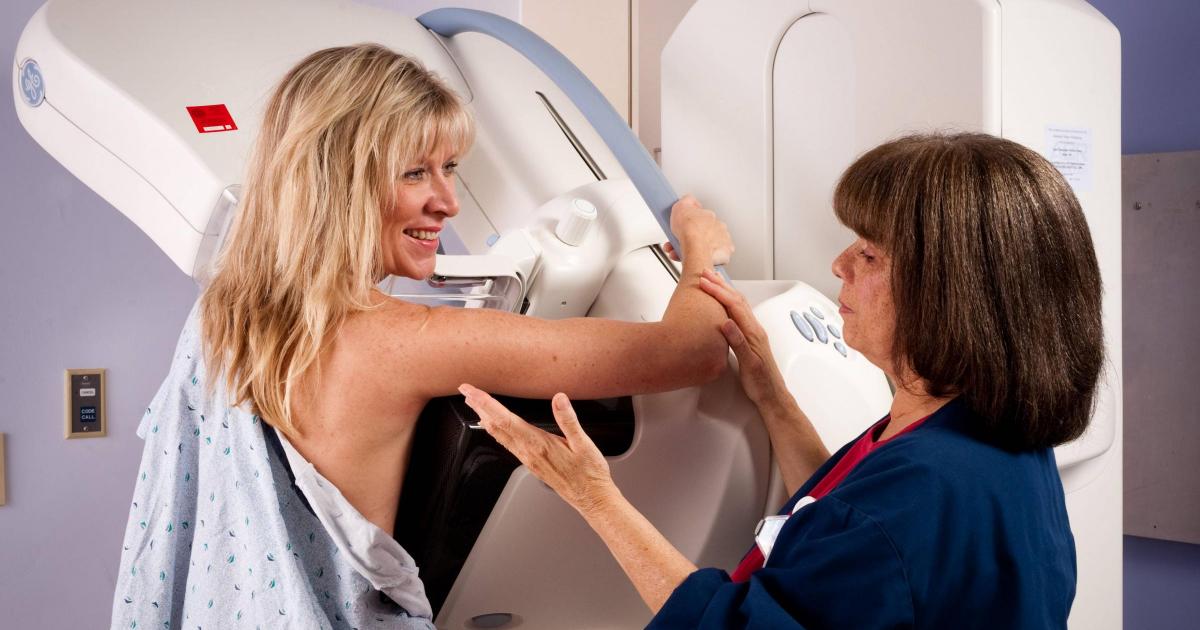The research, undertaken by Oxford Brookes University which has a campus in Swindon, and funded by the charity Prevent Breast Cancer, focused on women aged 40 to 65 in the UK.
It found that many women in this group were unaware of the connection between alcohol consumption and breast cancer.
The study, titled ‘Rethinking the message on alcohol and breast cancer with UK women: a Delphi study’, was published in the journal Health Promotion International.
It involved a three-stage process, which began with a survey of 260 women, followed by seven online focus groups and a collaborative workshop.
The study’s lead author, Dr Emma Davies, said: “We often think of alcohol as causing liver disease, but there’s plenty of research showing that drinking alcohol can lead to seven types of cancer, including breast cancer.
“Evidence shows that people who are aware of the link between alcohol and cancer are more supportive of stronger and more effective alcohol policy.
“This means that raising awareness isn’t just about individual behaviour change, it is about changing how we think about alcohol at all levels of society.”
The study found that several factors, including cultural norms, mistrust of official messaging, psychological defence mechanisms, and stigma, reduced the effectiveness of health warnings.
Fear-based messaging was also found to be counterproductive, as it often led to denial rather than proactive change.
Dr Davies said: “It’s clear that fear, blame and shame don’t work when it comes to raising awareness of the risks associated with drinking alcohol.
“Cutting back on alcohol can help to reduce the chance of getting cancer, but can also give us plenty of other benefits, such as better sleep and improved mood.”
The study concluded that narrative-based framing, using personal stories from peers who have experienced breast cancer, was more effective than stark statistics or scare tactics.
Messages were most accepted when framed positively, highlighting how reducing drinking can empower women and protect their health, rather than through guilt or blame.
Dr Davies added: “Importantly, we need a clear and evidence-based alcohol policy to reduce risks across the population.
“We need to understand why people drink and what the emotional and cultural barriers are to giving up or cutting down.
“We hope our study will equip policymakers, charities, clinicians, and health communicators with an evidence-based roadmap to reshape prevention campaigns and reduce alcohol-related harms, including breast cancer and other cancer cases.”
For more information and advice on alcohol and cancer, visit the World Cancer Research Fund’s Cancer Prevention Action Week page.
